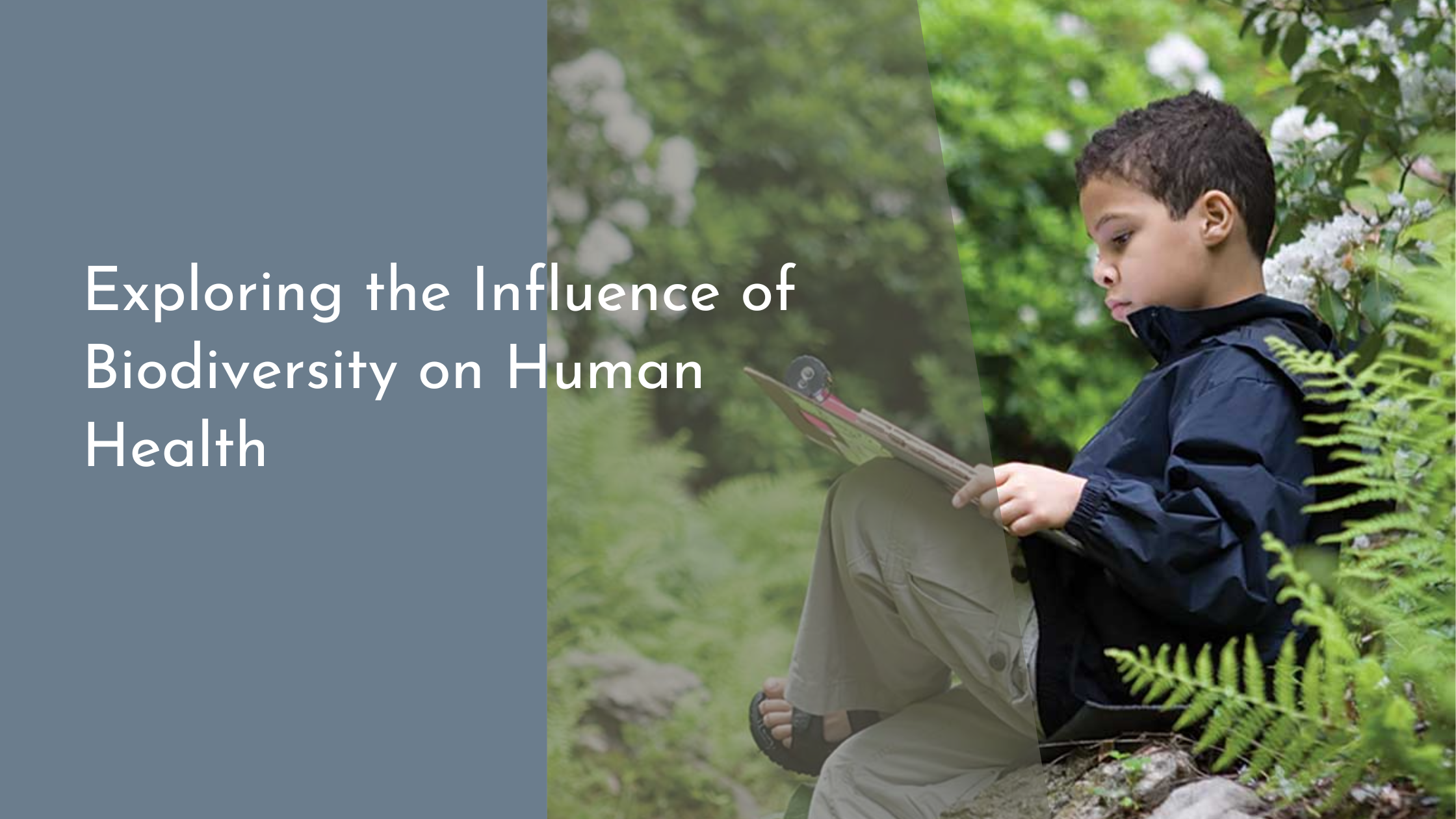Exploring the Influence of Biodiversity on Human Health
The intricate web of life on Earth, known as biodiversity, encompasses the variety of all living things, from the tiniest microorganisms to the most majestic mammals. This diversity is not only vital for the ecosystem’s stability but also plays a crucial role in human health. As we explore the profound connections between biodiversity and human well-being, it becomes evident that preserving our planet’s natural richness is essential not just for the environment but for our future health and happiness.
Understanding Biodiversity: A Health Perspective
Biodiversity, at its core, refers to the variety of life found on Earth, including the different species, genetic variations, and ecosystems they form. This diversity is fundamental to the resilience of ecosystems, enabling them to provide essential services that directly and indirectly impact human health. For instance, a rich biodiversity ensures diverse food sources, contributing to a balanced diet and nutritional security. Moreover, many medicinal resources are derived from plants and organisms, with components critical for developing drugs and treatments for various diseases.
The health perspective on biodiversity extends beyond immediate physical benefits. Diverse natural environments contribute to mental health and well-being by offering spaces for recreation, relaxation, and inspiration. Green spaces, forests, and biodiversity-rich areas are associated with reduced stress levels, improved mood, and overall enhanced mental health. As we delve deeper into the myriad ways biodiversity influences health, it becomes clear that maintaining this diversity is integral to nurturing both our bodies and minds.
Ecosystem Services: Nature’s Contribution to Health
Ecosystem services refer to the benefits that humans derive from functioning ecosystems, and biodiversity is key to these services’ efficiency and sustainability. Provisioning services like food, fresh water, and medicinal resources are direct products of healthy biodiversity. For example, pollinators such as bees and butterflies, which thrive in biodiverse environments, are crucial for the production of fruits and vegetables, directly impacting food security and nutrition.
Beyond provisioning, regulatory services like water purification, air quality maintenance, and climate regulation depend on a rich biodiversity. Wetlands, forests, and oceans act as natural filters and carbon sinks, mitigating pollution and climate change effects. These services help prevent respiratory and waterborne diseases, showcasing how biodiversity indirectly safeguards human health. The more diverse an ecosystem, the more resilient it is to disturbances, ensuring the continuity of these critical services.
Disease Regulation: Biodiversity’s Hidden Benefits
One of the most intriguing yet less visible aspects of biodiversity is its role in disease regulation. Diverse ecosystems can act as buffers against the spread of infectious diseases. When biodiversity is high, it can disrupt the transmission of diseases by regulating host species populations and limiting the spread of pathogens. For instance, diverse bird populations can control the spread of West Nile virus, and varied mammal populations can reduce the risk of Lyme disease.
Conversely, biodiversity loss can lead to increased disease outbreaks. As ecosystems are simplified, disease-carrying species often thrive, and new human settlements are exposed to these conditions. This results in a higher incidence of zoonotic diseases, those that jump from animals to humans. Understanding and preserving biodiversity is critical not only for controlling existing diseases but also for preventing the emergence of new ones, highlighting biodiversity’s hidden yet vital role in global health.
Embracing Biodiversity for a Healthier Future
To ensure a healthier future, embracing biodiversity conservation is paramount. This involves protecting endangered species, restoring natural habitats, and promoting sustainable agricultural and forestry practices. By maintaining biodiversity, we protect the ecosystems that provide us with essential services and potentially life-saving resources. Public awareness and education about biodiversity’s importance are crucial steps in mobilizing support for conservation efforts.
Moreover, integrating biodiversity considerations into healthcare planning and policies can lead to innovative strategies for disease prevention and health promotion. Encouraging the use of nature-based solutions to health challenges aligns environmental sustainability with human well-being. By fostering a deeper appreciation and understanding of biodiversity, we can build a future where both nature and humanity thrive, securing health benefits for generations to come.
In our pursuit of health and well-being, recognizing the value of biodiversity is more important than ever. The interplay between diverse ecosystems and human health underscores the need for conservation and sustainable practices. As stewards of our planet, we hold the power to protect biodiversity and, in turn, safeguard our health. By embracing this responsibility, we pave the way for a future where the natural world and human society coexist harmoniously, nurturing each other for years to come.

